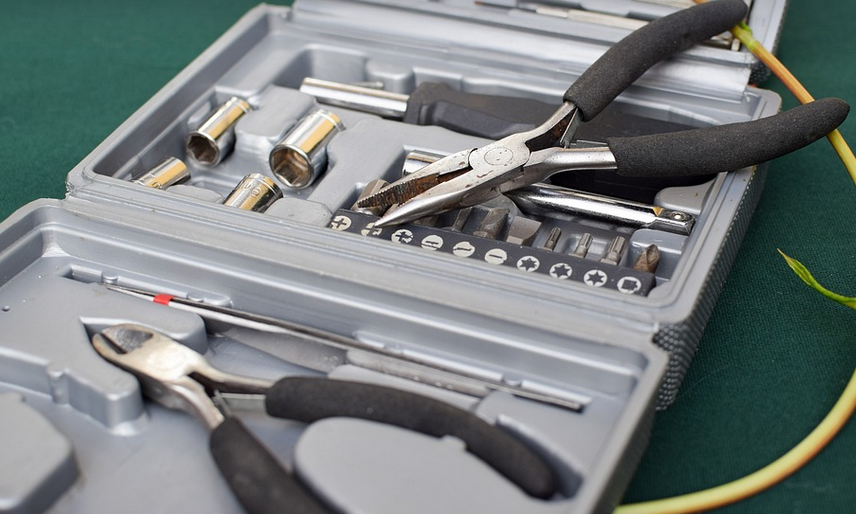Navigating the Process
So, you’ve got a car that’s ticking over more than just the engine, and it needs to make room for something new. Perhaps you’re tired of your ride and ready for an upgrade, or maybe you just don’t have the time and resources for the emissions checks and paperwork associated with selling a vehicle with a working catalytic converter.
Selling a car without its catalytic converter can feel daunting, but it’s simpler than it might seem. Understanding the process and knowing what to expect will make the journey smoother. Whether you’re considering offloading your old ride or tackling this as a practical solution for your financial needs, we’re here to guide you through each step.
Why Choose This Path?
There are several reasons why a person might opt to sell their car without its catalytic converter. It could be due to unforeseen circumstances, such as needing funds quickly or having some repairs that require an unneeded component like the catalytic converter. Alternatively, a sale of this nature often comes with legal and financial advantages. It’s important to note that while selling your vehicle without a functional catalytic converter can be less cumbersome in some cases, understanding the potential drawbacks is always crucial.
A car being sold without its catalytic converter may require it to be towed away without using an emissions test unit. This might be a good option for those who want to avoid the hassle of having their vehicle tested. The process can sometimes involve more paperwork and extra steps, but the potential savings in time and effort are significant.
Understanding the Process
So, let’s dive into the details of selling your car without a catalytic converter. First, you need to research local laws and regulations regarding this specific sale. Laws vary from state to state, so it’s essential to consult with a legal professional or check your city/state DMV website for specific requirements.
Next, if you decide to sell your car without the catalytic converter, find a reputable buyer who understands the process and can provide you with a fair price for your vehicle. A trusted mechanic or auto parts dealer might be ideal, as they have experience with this type of sale.
Once you’ve found a potential buyer, ensure a safe and secure transaction by meeting in a public space, preferably during daylight hours, to exchange the car keys and payment for your vehicle. Be sure to have all relevant documentation ready, including the title, registration, and any other legal documents needed for the sale.
The Legal Landscape
Selling cars without catalytic converters comes with its set of legal nuances, particularly when it involves state regulations and emissions standards. It’s crucial to be aware of your local laws and ensure compliance with all legal requirements before initiating the process.
Always consult your state’s DMV or Department of Motor Vehicles for specific rules and guidelines regarding this type of sale. They can provide you with accurate information on any relevant regulations, ensuring a smooth and legally compliant transaction.
Finding the Right Buyer: The Importance of Trust
Selling a car without its catalytic converter needs to involve working with a buyer who is knowledgeable about these aspects of the process. A trustworthy person or company can make the transition less stressful, especially if you’re unfamiliar with this type of transaction. It’s essential they provide a fair price and are willing to work within all legal parameters.
Finding a reputable mechanic, an auto parts dealer, or even a trusted car enthusiast who specializes in such sales can facilitate a smoother experience. Don’t hesitate to seek recommendations from family, friends, or online forums dedicated to car trading and maintenance. Their experiences could help you navigate potential challenges.
Protecting Your Rights: Key Considerations
Selling a car without its catalytic converter comes with unique considerations regarding legal and financial protection for both the seller and buyer. Ensure all parties involved are aware of their rights and responsibilities throughout the process to avoid any misunderstanding or unnecessary complications.
Review the agreement, and ensure you understand each clause before signing. This includes details about price negotiation, payment terms, legal ownership transfer, and any other relevant aspects of the sale. Being proactive with these checks helps prevent potential future issues.
Embracing Transparency: A Key to Success
Selling your car without a catalytic converter requires transparency from both the seller and the buyer. Both parties should be fully informed about the vehicle’s condition and history, including any repairs or modifications that might influence the sale price.
Be open about the removal of the catalytic converter, as this information directly affects the final price. It’s crucial to have a clear explanation for removing it, and ensure the buyer is aware of potential legal implications if they choose not to purchase the car due to this factor. Transparency fosters trust and builds healthy relationships between parties involved in the transaction.
